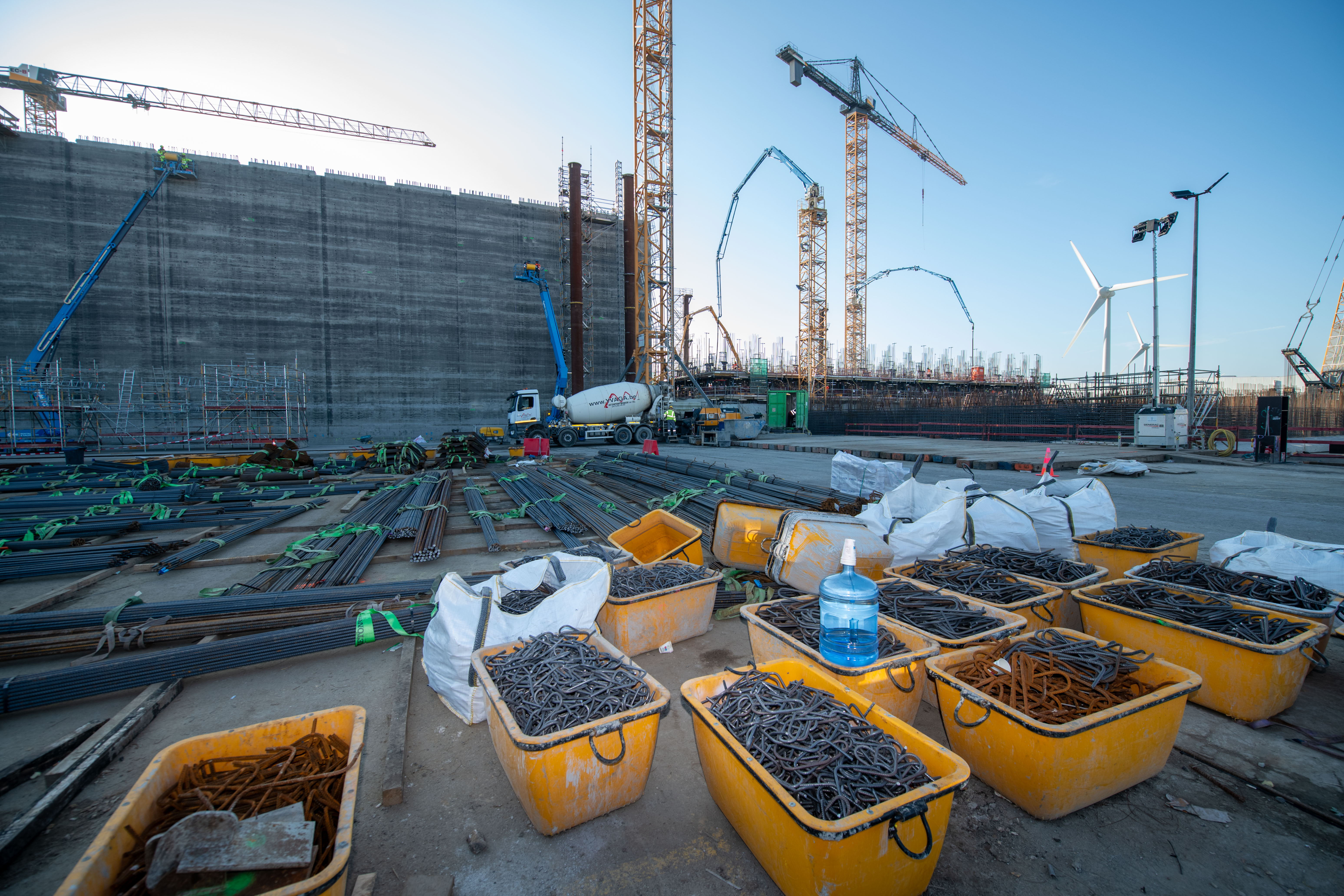Belgium’s electricity grid operator recommends delaying costly part of energy island project

Belgium’s electricity grid operator Elia has advised postponing the most expensive part of the Princess Elisabeth energy island project, citing soaring costs and an overheated market. The project’s budget has doubled to 7.5 billion euros, which has sparked criticism from businesses and parliament.
Elia CEO Bernard Gustin said that the contract for the direct current (DC) infrastructure (costing 3.75 billion euros) should not be signed in February. The DC system was planned to connect the UK and Belgium via the artificial island, but Elia is now exploring cheaper alternatives, such as a direct undersea cable.
Delaying the DC component could push the project back by at least three years. Alternative solutions, such as a direct connection to the UK, could take even longer. However, the construction of the island itself will proceed as planned, the CEO stressed.
The Belgian government will ultimately decide the project’s future, but Elia’s recommendation carries significant weight.
Supply
The proposed delay raises concerns about the impact on Belgium’s energy supply. The third new offshore wind farm in the Princess Elisabeth zone, which would connect via the DC system, may face setbacks. This could affect the country’s renewable energy targets.
Despite this, Elia maintains that the impact on supply security remains “manageable.”
Industry association Febeliec, representing large energy consumers, had previously criticised the high costs and technical risks of the DC infrastructure. They argued that the connection could lead to frequent shutdowns of one of the wind farms, potentially reducing output.
Febeliec had urged Elia to abandon the DC component in favour of the existing alternating current (AC) setup, which is used by other wind farms and is considered a more cost-effective solution.
Unjustified costs
In a reaction, outgoing energy minister Tinne Van der Straeten demanded that Elia restart the tendering process, arguing that at least one billion euros in the supplier’s DC component offer is unjustified. “It seems that the supplier applies an excessive and unacceptable risk premium", she said.
Initially estimated at 2.2 billion euros, the Princess Elisabeth energy island’s cost could now reach as high as 7 billion euros due to inflation, rising material costs and Europe-wide supply chain bottlenecks.
Belgium’s energy regulator, CREG, is expected to publish a financial review of the project.
#FlandersNewsService | The construction site of the Princess Elisabeth energy island © BELGA PHOTO JONAS ROOSENS